Our Members Asked:
Can taking too much vitamin B-12 be dangerous? The label on my B-complex states it contains 50,000% of the Daily Value!
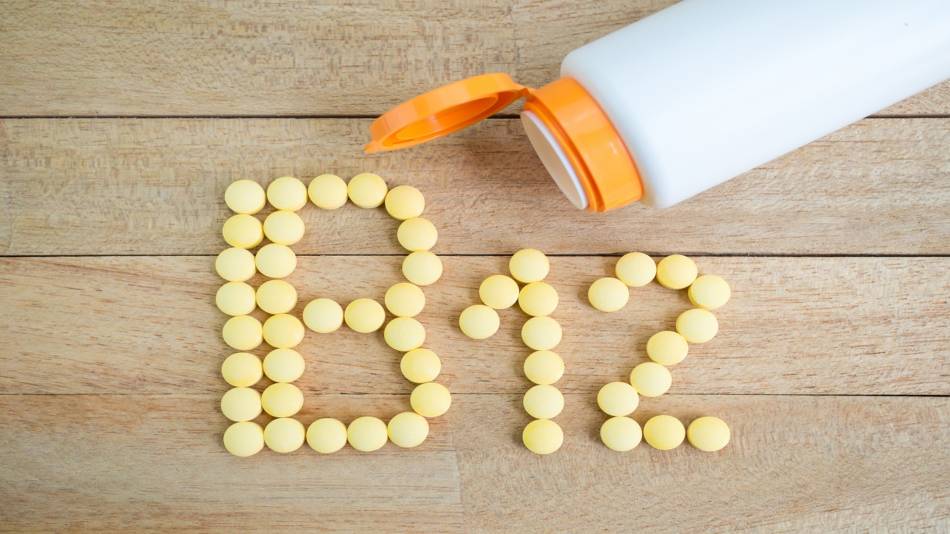
Answer:
If your B-complex contains 50,000% of the Daily Value (DV), which is 6 mcg for adults, then it has 3,000 mcg of B-12. For people without a severe B-12 deficiency, this is much more than necessary. [Note: In 2016, the FDA lowered the Daily Value for B-12 to just 2.4 mcg for most adults, but this won't be reflected on all supplement labels until 2021. This means that your supplement actually provides 125,000% of the current daily requirement.]
Although no "Tolerable Upper Intake Level" has been established, there are risks associated with getting too much B-12 from supplements. At a dose of 500 mcg (one-sixth the amount in your supplement), an increased risk of colorectal cancer was reported in a placebo-controlled study of older people. Doses of just 20 mcg per day or higher have caused outbreaks of acne and rosacea. A high-dose B complex supplement (with 1,000 mcg of B-12) hurt, rather than helped, people with type 1 or type 2 diabetes and advanced kidney disease, resulting in a worsening of kidney function and an increase in the risk of heart attack, stroke and death.
In women who are pregnant, excessive blood levels of vitamin B-12 have been associated with an increased risk of autism in their children.
Taking some B-12 is advisable for people over the age of 50 (when you're less able to extract B-12 from food), as well as for those taking medications that interfere with B-12 absorption (such as Prevacid, Prilosec and metformin), strict vegetarians, alcohol and drug abusers, people recovering from surgery or burns, and those with bowel or pancreatic cancer. But the amount needed to avoid deficiency is small and nowhere near the amount in the supplement you describe in your B-complex.
If you decide to take a B-12 supplement, you may want to choose one that has the right dose for you and has been tested and Approved by ConsumerLab.com. Be aware that sublingual and dissolvable B-12 supplements often contain sugar substitutes that can cause gas, bloating, and diarrhea in some people -- particularly if taking multiple pills. You can use the Ingredients listings in CL's Review to spot and avoid these ingredients.
In general, it's best to avoid excessive doses of any vitamin if it is not needed.
Get more information, including the Recommended Daily Allowance for B-12 (by age and gender), differences in the forms of B-12, potential side-effects and drug interactions, plus ConsumerLab.com's tests of popular products, in the B Vitamin Supplements Review >>
You can check the recommended intakes of other vitamins and minerals here.
Join today to unlock all member benefits including full access to all CL Answers and over 1,400 reviews.
Join NowAlready a member? Sign In Here.
Join now at www.consumerlab.com/join/

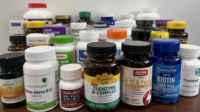



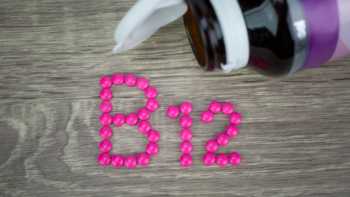





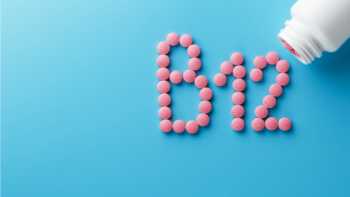
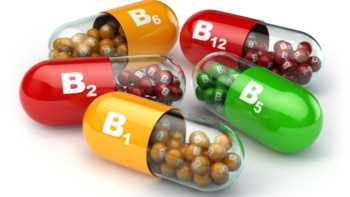









Submit your comment
This feature is restricted to active members.
Join now to add comments and get all member benefits, including over 1,400 reviews.
Join NowAlready a member? Sign in here.